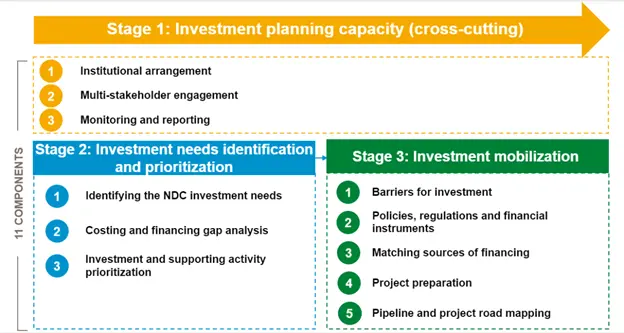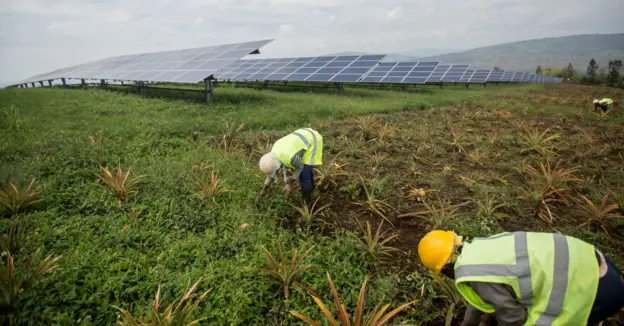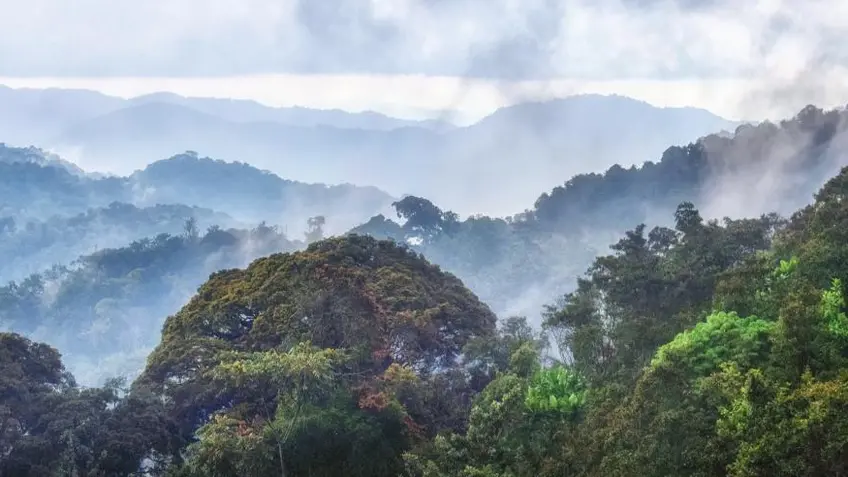Lessons from Rwanda's NDC Investment Planning: The Importance of Country Ownership in Resource Mobilizaiton
In 2020, Rwanda was the first African country to submit an updated NDC to the UNFCCC. The NDC was built on strong country ownership and broad national engagement in climate action, laying the groundwork to fast-track its implementation. Similarly, the Government of Rwanda’s investment planning process was underpinned by strong national ownership and collaboration. This is reflected in the fact that the plan is not a standalone document, but it is embedded within the NDC implementation framework.
When compared against overall lessons in NDC investment planning, several best practices can be extracted from Rwanda’s experience below.

Investment Planning Capacity
In Rwanda, robust institutional arrangements have allowed the country to gather input and consider diverse challenges and priorities in the identification and prioritization of investment needs for the NDC. Through established institutional structures, the Ministry of Finance and Economic Planning (MINECOFIN), the Ministry of Environment (MoE) and the Rwanda Green Fund (FONERWA) provided leadership with defined roles and responsibilities for NDC investment planning. Furthermore, Rwanda recognized the importance of a monitoring framework and established a basis for it within the implementation framework.
Investment Needs Identification and Prioritization
In Rwanda, NDC investment needs were identified and summarized in an implementation framework organized according to outcomes and key performance indicators (KPIs). To compile this framework, Rwanda conducted a thorough review of priority sector plans with more than 500 programs and projects at different stages of implementation across the sectors of water, agriculture, land & forestry, human settlement, health, transport, mining and cross-sectional.
Costing and budgeting were conducted at ministry level and summarized in the implementation plan. Cost estimates were included in the implementation plan, with the level of granularity of the costing varying. In some instances, the investment needs were summarized as programs with indicative cost estimates. In other instances, the government has already conducted project preparation, so the investment need is summarized as a fully costed project, with detailed costing data. In sectors that were less involved in NDC planning (e.g. industry, waste, health), costing was not exhaustive as the sector strategies were not always tied to climate action.
Effective collaboration was key to identifying and prioritizing key interventions. MINECOFIN led the preparation of the implementation framework, coordinating sector stakeholders in identifying climate actions and projects from existing sector plans. This engagement and prioritization process allowed to build the basis to align NDC goals with strategic development priorities, including poverty reduction, job creation, and economic growth. Furthermore, policymakers dedicated significant effort into making the process flexible and responsive to emerging needs. Leveraging the implementation framework as a monitoring and tracking tool, regular updates are planned every six months by the MoE and FONERWA in coordination with MINECOFIN with inputs from sectors and development partners.

Investment Mobilization
Rwanda established a set of processes and tools to track government and non-government financing for investment needs in the NDC investment plan, facilitating matching of sources of finance. MINECOFIN conducted analysis on the budget of selected ministries to determine what percentage of their total budget contributes to the NDCs and climate targets. It also published a Planning and Budget Circular that guides all ministries in their budget preparation, assessing whether they contribute sufficiently to the sectoral KPIs and the NDC’s objectives. The government is planning to develop a climate tracking system, which will facilitate tracking government NDC investments.
Besides the government’s involvement, additional stakeholders are engaged as specialized units to identify funding sources. The Rwanda Green Fund (FONERWA), is responsible for mobilizing non-government funding for the NDC, identifying, and liaising with potential donors or alternative funding sources. The Rwanda Development Bank has begun research into addressing the gap between government and donor spending, exploring options for private sector funding for NDC investments.
Way Forward
Rwanda’s experience engaging diverse actors in the NDC process showcases the distinctive impact that country ownership can have on the planning and mobilization of investments for NDC implementation. Sector stakeholders, including ministries, boards and authorities, civil society and private sector and development partners, participated in working groups and consultations to validate the criteria and prioritize projects. This set a significant precedent, as the country moved towards implementation, specifically by providing institutional structures, tools, and understanding about the specific processes and investment opportunities to support NDC implementation. As a result, many projects are now receiving funding, but the way forward will require further efforts on the side of partners and the country.
